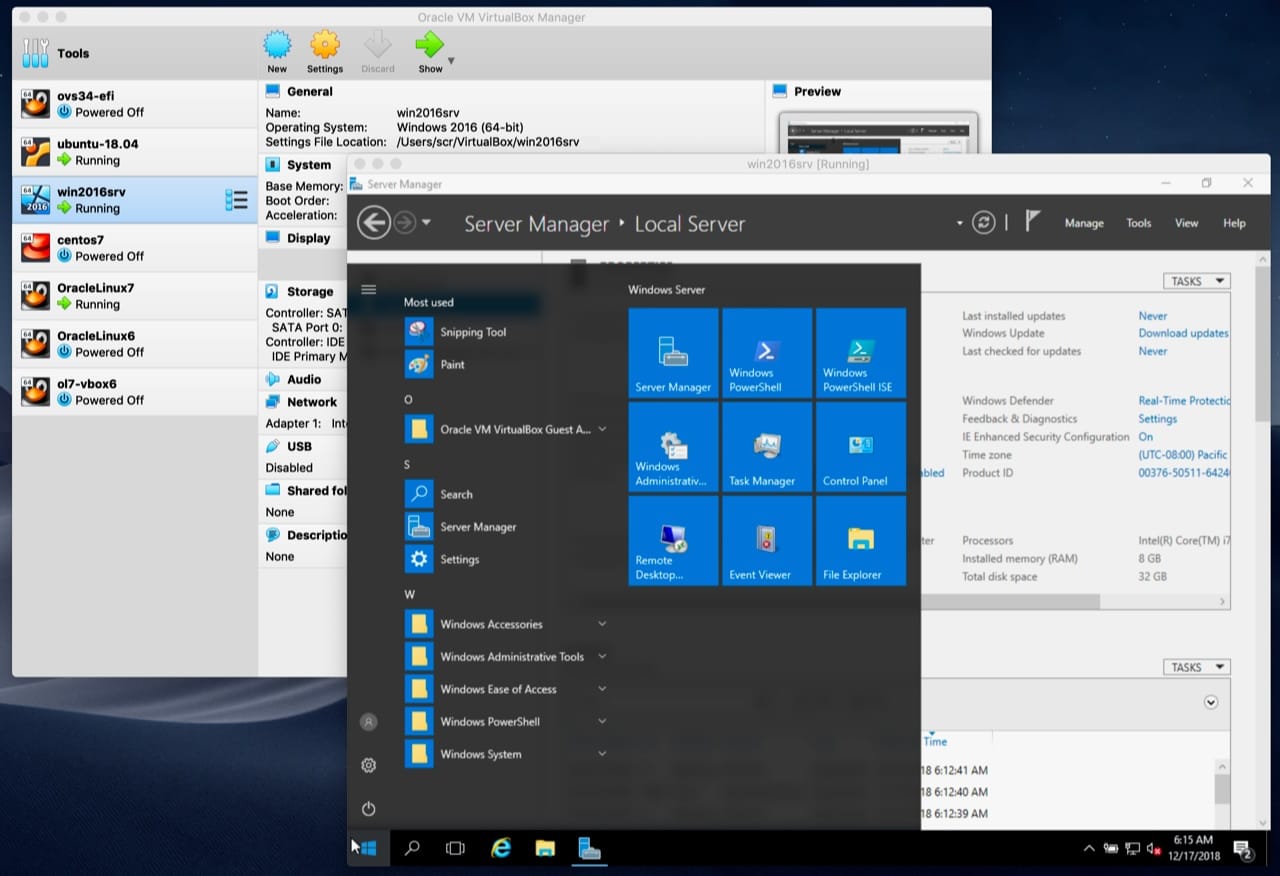Oracle has released VirtualBox 7.1.6, a new maintenance update in the VirtualBox 7.1 series that introduces numerous enhancements, bug fixes, and support for the recently released Linux Kernel 6.13. This release reinforces Oracle’s commitment to developing a powerful, efficient, and accessible virtualization solution for developers, system administrators, and technology enthusiasts.
Initial Support for Linux Kernel 6.13
VirtualBox 7.1.6 includes initial support for the Linux Kernel 6.13, allowing users to install VirtualBox on distributions utilizing this kernel version and run virtual machines based on Linux 6.13. This compatibility marks an important milestone in ensuring that VirtualBox keeps pace with technological advancements in the Linux ecosystem.
Key Updates for Linux Users
- Support for RHEL 9.6: VirtualBox now supports the Red Hat Enterprise Linux 9.6 kernel, both on host and guest systems.
- Enhancements in Linux Guest Additions:
- Fixes for kernels 6.12 and 6.4, reducing graphical issues such as screen flickering on VMSVGA adapters.
- Optimized UBSAN (Undefined Behavior Sanitizer) for hosts and guests, improving stability.
- Visual Optimization: Fixed issues with preferences being disabled in specific Linux themes.
General Improvements and New Features
1. Graphical Interface (GUI):
- Fixed bugs related to starting in full-screen mode.
- Reset help buttons and shortcuts on macOS.
- Improvements in the functionality of switching to bridged network adapters when starting a virtual machine.
2. Storage:
- New functionality for exporting and importing virtual machines with NVMe storage drivers.
3. Networking:
- Replacement of NAT engines with libslirp, improving the management of virtual networks.
4. Expanded Compatibility:
- Inclusion of Windows Server 2025 as a supported guest operating system.
Availability and Installation
VirtualBox 7.1.6 is available for download on Oracle’s official site. Users can choose from specific installers for popular distributions like Ubuntu, Fedora, Debian, openSUSE, and Oracle Linux, or use a universal binary installer. Additionally, it is recommended to install the Extension Pack to take advantage of advanced features such as USB 3.0 support, NVMe device compatibility, and disk encryption.
Comparison: VirtualBox vs Other Virtualization Solutions
| Feature | VirtualBox | VMware Workstation | Hyper-V | KVM/QEMU | Parallels Desktop |
|---|---|---|---|---|---|
| Supported Platforms | Windows, macOS, Linux | Windows, Linux, macOS | Windows Server | Linux | macOS |
| Cost | Free (open source) | Paid (Pro edition) | Included with Windows Pro | Free (open source) | Paid |
| Support for Linux Kernel 6.13 | Yes | Partial | Partial | Yes | No |
| Ease of Use | Intuitive | Advanced | Moderate | Moderate | Very intuitive |
| 3D Support | Yes | Yes | Partial | Partial | Yes |
| NVMe Support | Yes (7.1.6) | Yes | Partial | Yes | Yes |
| Performance | Good | Excellent | Good | Excellent | Very good |
| Additional Extensions | Yes | Yes | No | Limited | Yes |
With the release of VirtualBox 7.1.6, Oracle strengthens its position as one of the leading virtualization solutions by offering significant improvements in compatibility, performance, and functionality. This release underscores the importance of keeping up to date with technological trends, providing users with a versatile and free tool for their virtualization needs.

